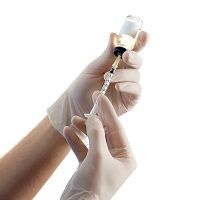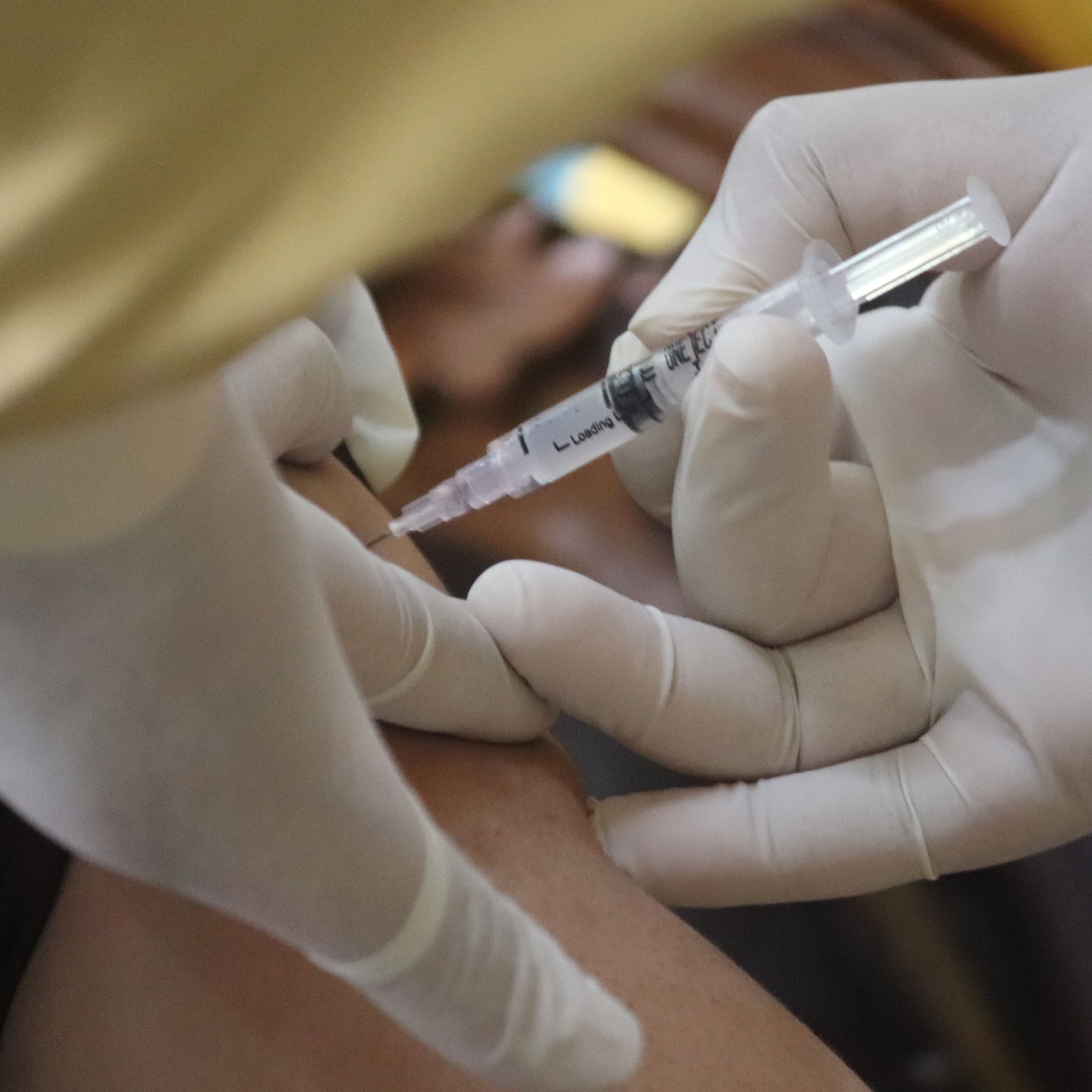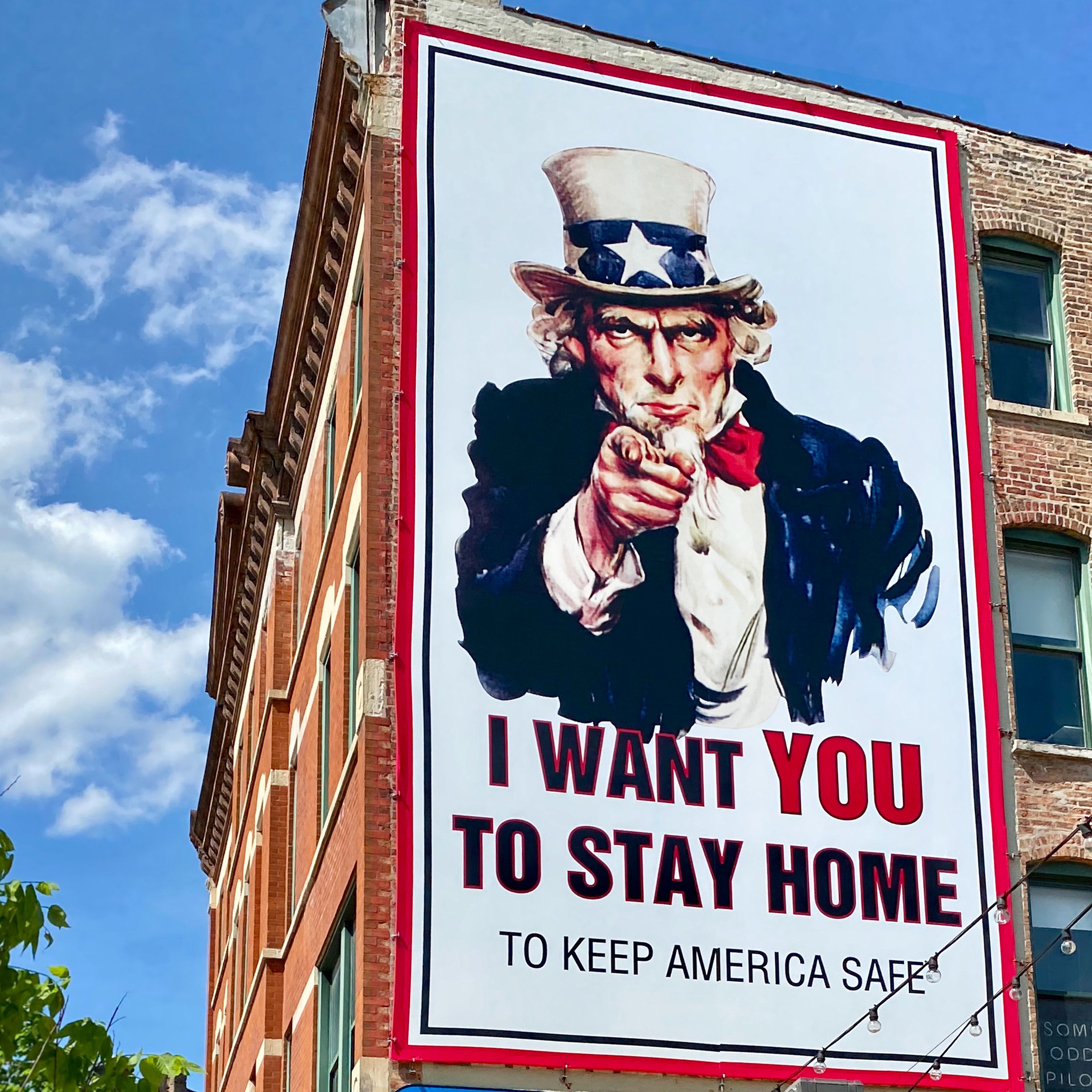Article
Children's Fear of Needles Tied to Parental Behavior
Author(s):
Investigators from York University in Toronto, Canada, found a strong connection between the fear of needles that exists in more than half of children and their parents’ behavior during vaccination.

Study results strongly suggest that the involvement of parents appears to be one of the strongest predictors of anticipatory distress to preschool vaccinations. The study investigators, from York University in Toronto, Canada, found a strong connection between the fear of needles that exists in more than half of children and their parents’ behavior during vaccination.
“We observed how these children behaved before their needles and after their needles when they were infants and preschoolers,” said Rebecca Pillai Riddell, PhD, Associate Professor of Psychology at York University and co-authors of the study published online on April 18, 2016 in Pain. “We also observed how parents interacted with their children, and the types of things they said to their children during infancy and at the preschool age.”
Dr. Riddell and colleagues’ research consisted of two companion studies: “Study 1 examined how well preschool pain-related anticipatory distress was predicted by infant pain response at 2, 4, 6, and 12 months of age. In study 2, using a developmental psychopathology framework, longitudinal analyses examined the predisposing, precipitating, perpetuating, and present factors that led to the development of anticipatory distress during routine preschool vaccinations.” More than 200 caregiver-child pairs were observed and used for both studies.
“We were interested in whether pain-responding and parent behavior during infancy predicted needle fear at preschool,” said Dr. Pillai Riddell.
Parents were also queried regarding how scared they were for their children prior to the immunization and how scared they believed their children were. Healthcare professionals were also observed prior to the immunizations.
In the first study, pain response during infancy had no significant impact on pain-related distress at preschool age. In the second study, however, “a strong explanatory model was created whereby 40% of the variance in preschool anticipatory distress was explained.” Child age also a predictor of anticipatory distress.
“This is a major public health concern and stresses the importance of understanding what leads to needle fear in young children and how we can prevent it,” said lead author Nicole M. Racine, a doctoral candidate in the department of psychology at York University.





